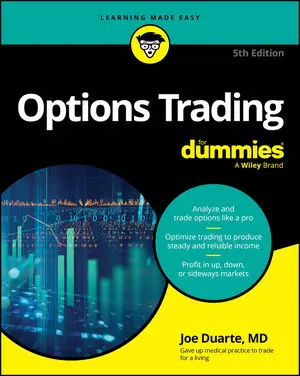If your greedy impulses or your fear of losing routinely cause you to make poor trading decisions, a mechanical system may be a better choice for you. An automated approach tends to reduce the stress and anxiety that arise when you have to make difficult decisions quickly. As such, you can make and execute trading decisions in a consistent, methodical way. A mechanical trading system also enables you to automatically include rigorous money management protocols in your trading methodology.
Another benefit of the mechanical approach is having the ability to thoroughly test the system. Through testing you can confirm whether your trading system performs the way you expect it to and explore ways to improve your system before actually committing your trading capital. You can adjust and fine‐tune your system after seeing the test results. Unfortunately, fine‐tuning your system may lead to other problems.A mechanical trading system addresses some of the problems that arise when using discretionary systems. Mechanical systems usually are computer‐based programs that automatically generate buy and sell signals based on technical and/or fundamental data. You’re expected to blindly follow the resulting trading signals. Put another way, mechanical trading systems take your judgment out of the equation. In fact, some mechanical systems even enter buy and sell orders directly with your broker without your intervention.






